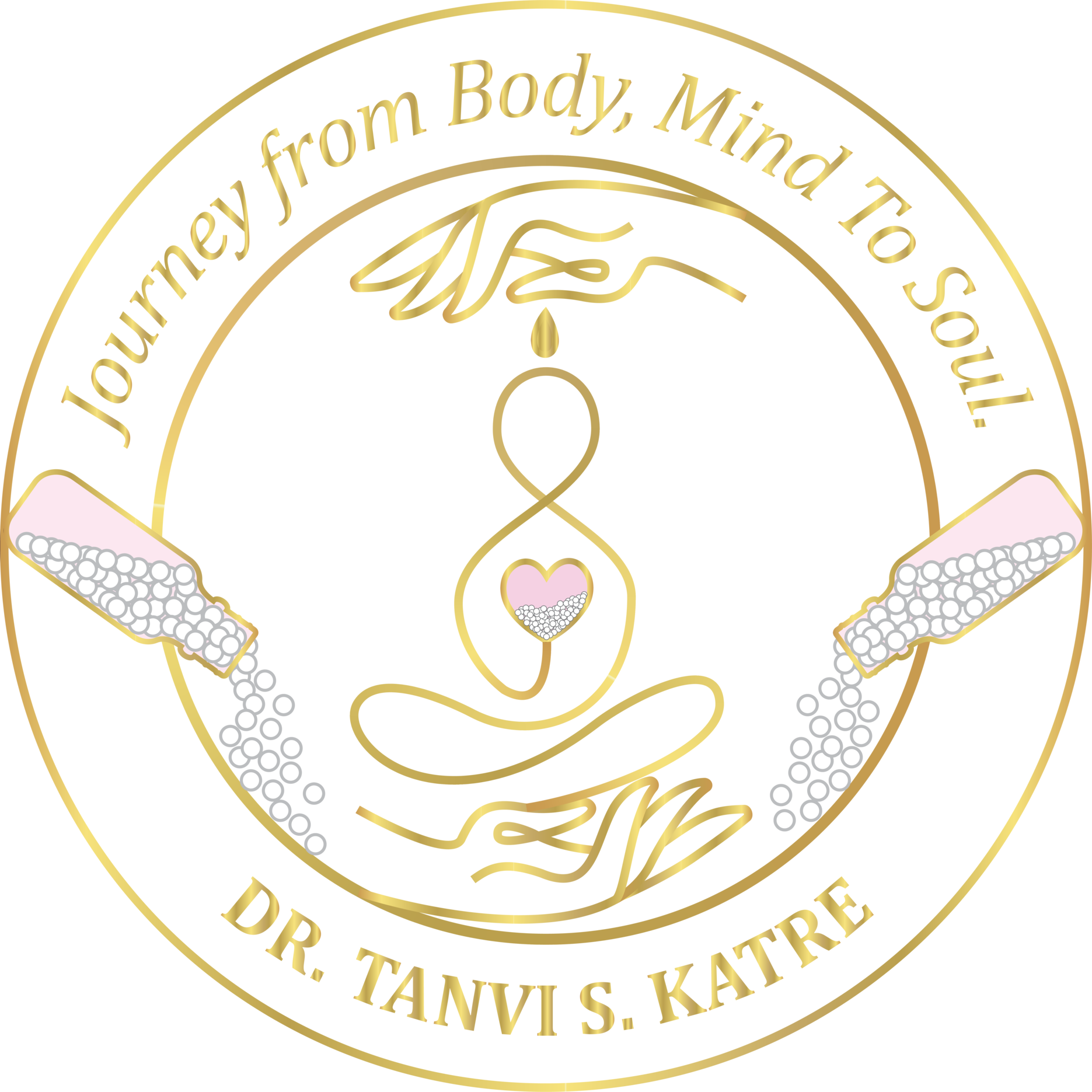OCD (Obsessive Compulsive Disorder)
Understanding OCD: Causes, Signs, and the Benefits of Homeopathy Treatment
1. Understanding OCD
- Obsessive-Compulsive Disorder, or OCD, is like having your mind stuck on a loop. It's a mental health condition where people experience unwanted and intrusive thoughts (obsessions) that lead them to perform repetitive actions (compulsions) to try and ease their anxiety. These actions can take up a lot of time and can make it challenging to focus on daily life
- The Psychological and Emotional Impact of OCD Living with OCD can be mentally and emotionally exhausting. The constant worries and rituals can make someone feel trapped and overwhelmed. Recognizing and addressing OCD is crucial for overall well-being, as it can significantly impact a person's quality of life. It's like lifting a heavy weight off your shoulders, and it's essential to know that help is available.
2. Exploring the Causes of OCD
A. Primary Causes of OCD
-
Genetic Factors
OCD can run in families, suggesting a genetic link. If someone in your family has OCD, there's a higher chance you might experience it too. Genes play a role in how our brain works, and certain genetic factors can predispose individuals to OCD, making them more susceptible to the condition. -
Neurological Factors
The brain, our command center, is a complex network of chemicals and structures. In OCD, there are specific differences in brain structure and neurotransmitter levels, particularly related to serotonin. Serotonin imbalances can affect mood and anxiety, contributing to OCD symptoms. Understanding these neurological aspects helps us grasp the root of the disorder. -
Environmental Factors
Sometimes, life events can trigger OCD or make its symptoms worse. Stressful situations, traumatic events, or even infections might act as environmental factors, pushing someone who is genetically predisposed towards OCD into experiencing the condition. It's like a puzzle where both genetic and environmental pieces need to fit together to create the full picture of OCD.
3. The Link Between OCD and Anxiety Disorders
Anxiety and OCD often go hand in hand. Anxiety disorders can fuel OCD symptoms, making them more intense and harder to manage. Understanding this connection is vital because it helps identify the broader spectrum of the issue. By addressing anxiety, we can effectively target OCD symptoms and work towards a solution.
Recognizing these causes in straightforward terms is the first step in understanding OCD. With this knowledge, individuals and their loved ones can better comprehend the condition, paving the way for effective management and, ultimately, relief.
4. Signs and Symptoms of OCD
A. Obsessions and Compulsions
When it comes to OCD, it's all about obsessions and compulsions, like an unending cycle. Obsessions are unwelcome, distressing thoughts, images, or urges that repeatedly intrude your mind. They're like unwanted guests who never seem to leave.
For instance, you might have an obsession with germs. The thought of contamination or illness may constantly occupy your mind. It's like an alarm that never stops ringing
Now, to cope with these distressing thoughts, people engage in compulsions. Compulsions are repetitive actions or mental rituals done to reduce the anxiety caused by the obsessions. In the case of the germ obsession, you might compulsively wash your hands over and over, almost as if you're trying to scrub away the worry.
B. Common Obsessions
Obsessions can take various forms, but some themes are more common. These include:
- Contamination Obsessions: The fear of dirt, germs, or illness.
- Doubts and Fears: Constantly doubting if you've turned off the stove or locked the door.
- Intrusive Thoughts: Disturbing, unwanted thoughts that can be about harming yourself or others.
- Order and Symmetry: The need for everything to be in perfect order or symmetry, leading to distress when it's not.
These obsessions can be relentless and distressing, like having a song stuck in your head that you can't turn off.
C. Common Compulsions
To alleviate the anxiety caused by obsessions, individuals with OCD often engage in specific compulsive behaviours. Some common compulsions include:
- Checking: Repeatedly verifying locks, switches, or other safety measures.
- Washing and Cleaning: Excessive hand-washing or cleaning to remove perceived contaminants.
- Counting: Counting objects, steps, or other things repetitively.
- Ordering and Arranging: Rearranging items until they feel "just right."
Compulsions can be time-consuming and disrupt daily life, much like trying to silence an alarm that keeps blaring.
Understanding these obsessions and compulsions is crucial to identifying OCD. While these behaviours may seem peculiar, they are the manifestations of a genuine struggle, and seeking help is the first step to breaking free from their grip.
5.Homeopathy For OCD
6. How Homoeopathy Addresses Anger Management?
Homeopathy is based on the principle that the mind, body, and soul are intricately connected, and to achieve true healing, all aspects of an individual must be considered. This holistic approach recognizes that emotional and mental well-being are as vital as physical health. Here's how homoeopathy understands and works with the mind, body, and soul connection:
1. Soul - Mind-Body Connection:
Homeopathy recognizes that our emotional and mental state can significantly influence our physical health. Stress, anxiety, and unresolved emotional issues can manifest as physical symptoms. Homeopathic remedies are chosen based on an individual's emotional and mental state, as well as physical symptoms, to promote overall balance.
2. Individualised Treatment:
- Homeopathy focuses on individualised treatment. When you come to us, we will talk to you and listen to you carefully. It's like having a chat with a good friend who really cares about you. We ask about your feelings, your worries, and your life.
- We take a detailed case history, considering not only physical symptoms but also the person's emotions, fears, and past experiences. By addressing the emotional and mental aspects, homoeopathy aims to restore harmony to the entire being.
3. Healing the Root Causes:
Homeopathy aims to identify and address the root causes of both physical and emotional distress. Instead of merely suppressing symptoms, it seeks to eliminate the underlying imbalances that contribute to illness. It’s a holistic method that goes straight to the root causes of emotional distress and, in the case of suicidal behavior, helps to heal the pain that leads to such despair. This approach aligns with the idea that true healing involves addressing the core issues affecting mind, body, and soul.
4. Mental and Emotional Well-Being:
One of the unique qualities of homeopathy is its ability to promote mental and emotional well-being without side effects. Homeopathic remedies gently stimulate the body's innate healing abilities, supporting emotional balance and resilience.
5. Soul Connection:
In a broader sense, homeopathy acknowledges the spiritual or soul aspect of an individual. While not directly a spiritual or religious practice, homeopathy recognizes that a person's beliefs, values, and life experiences can impact their well-being. Homeopathy takes a holistic view, considering the person as a whole, including their spiritual or soul connection.
6. Monitoring and Adjustments:
We don't just give you the remedies and send you on your way. We stay with you on this journey. We will check how you're feeling and adjust things if needed. It's like having a buddy to help you along the way.
7. Benefits of Homeopathy in OCD Management
A. Non-Invasive and Side-Effect-Free Treatment
Homeopathy stands out as a beacon of hope for those battling OCD. Unlike many conventional treatments, homeopathy is entirely side-effect-free. It's like finding a path to healing without encountering any roadblocks. This is particularly vital in the context of OCD management, where individuals need a gentle approach that doesn’t add more stress to their lives.
B. Suitable for All Age Groups
One of the remarkable aspects of homeopathy is its inclusivity. It doesn’t discriminate based on age; it's a healing art for everyone. Whether you're a curious child, a confused teenager, or an adult trying to navigate life, homeopathy offers a helping hand. It's like a trusted friend, supporting you at every stage of your journey toward overcoming OCD.
C. Long-term Effectiveness and Sustainable Results
Homeopathy isn’t about quick fixes; it's about creating lasting change. In managing chronic conditions like OCD, long-term effectiveness is key. Homeopathy doesn’t merely address the symptoms; it dives deep to find the root cause. By doing so, it paves the way for sustainable results, ensuring that the relief you experience isn’t temporary but becomes a part of your everyday life. It's like planting a seed of calmness that grows into a sturdy tree of resilience.
Choosing homeopathy isn’t just a decision; it's an investment in your well-being. It’s a step toward a future where OCD doesn’t define you, where you can live your life with freedom and peace. With homeopathy, the journey to managing OCD becomes smoother, gentler, and more hopeful.
We are like your caring friends who will walk with you on your journey to feeling better.
So, let's embark on this journey together, and discover the potential for managing OCD through the gentle and holistic power of homoeopathy.

